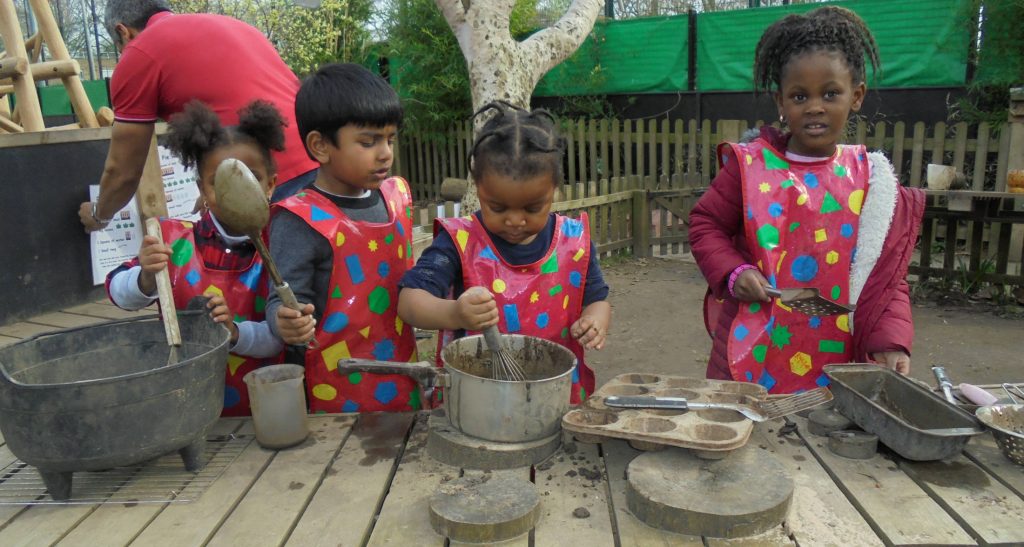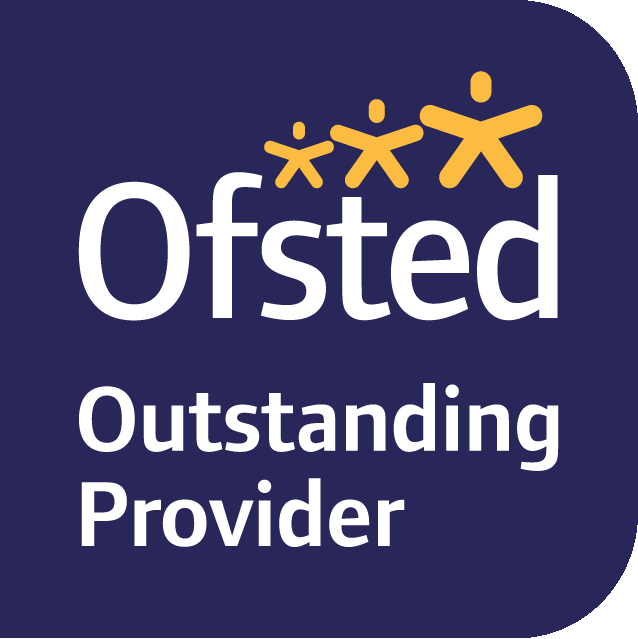Domestic role-play provides wonderful opportunities for the all-round development of skills across the Foundation Stage Curriculum

The children develop:
- Language skills to describe, plan and resolve conflicts. Children practise listening, looking and talking as well as being spoken to. Importantly the children also develop an understanding of what is being communicated through body language such as smiles and nodding.
- Imaginative skills: Children can be anyone and do anything in the pretend world.
- Knowledge and understanding of the world in which they live as it provides opportunities for children to identify with the adult world and helps them understand what adults do.
- Social skills: Practising negotiation skills; turn taking and sharing.
- Emotional awareness: Understanding and expressing their feelings through the re-enactment of certain experiences. Taking on roles that encourage discipline and empathy.
- Mathematical skills: The children feel comfortable to rehearse numbers or explore size and shape. These games provide opportunities for working out problems and experimenting with solutions.
- Having Fun skills: Imaginative play is a great way for children to relax and unwind from their busy lives. Encouraging our children to play and have fun will help them make healthy connections so that they can make successful choices in life.
- Having Fun skills: Imaginative play is a great way for children to relax and unwind from their busy lives. Encouraging our children to play and have fun will help them make healthy connections so that they can make successful choices in life.


